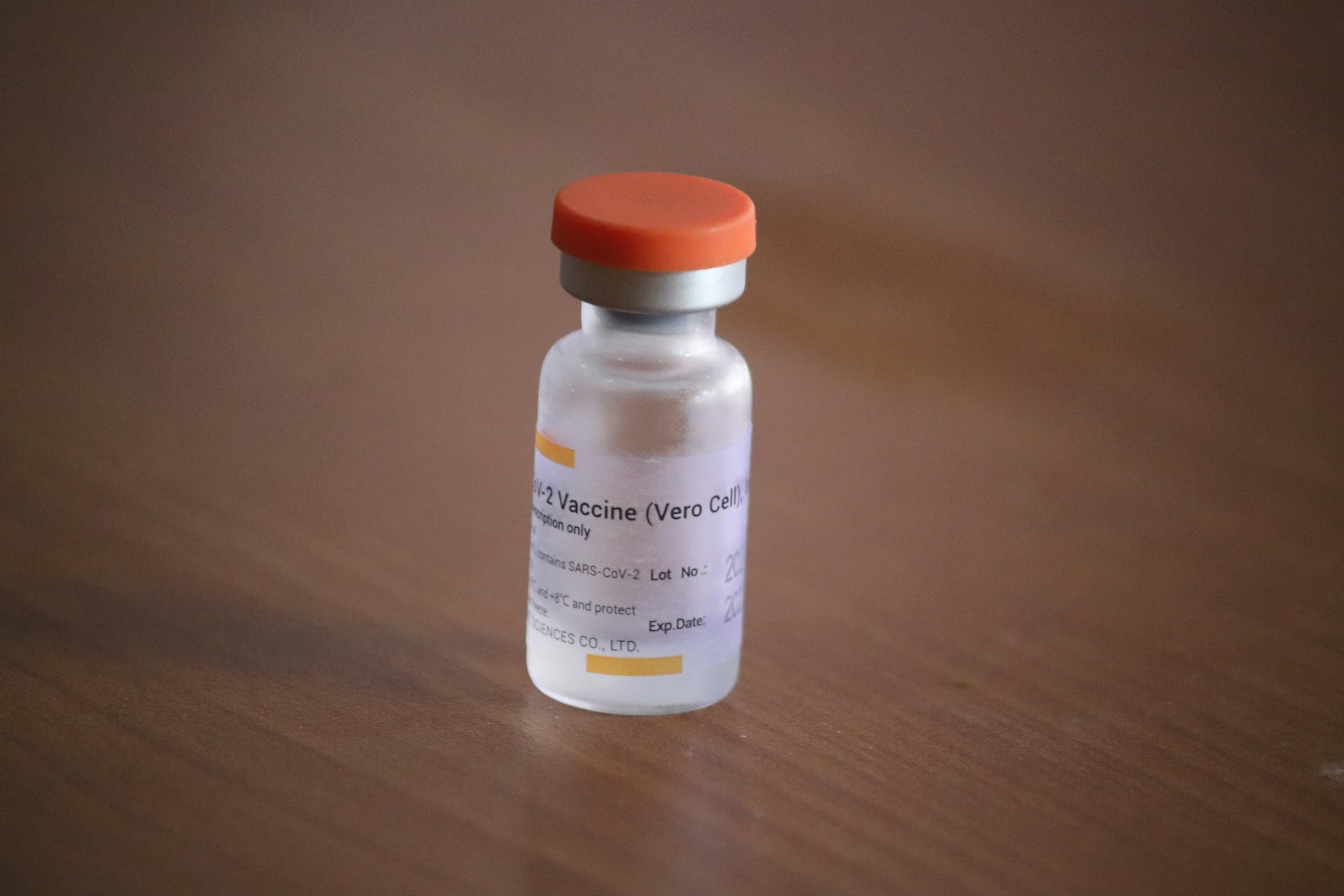Shares of Aeon Biopharma Inc. (NYSE: AEON) took a hit in extended trading Wednesday, falling 6.4% following a corporate update that left investors looking for more concrete details. The decline came on the heels of the company’s announcement regarding a Type 2a meeting with the U.S. Food and Drug Administration (FDA) concerning the development of its biosimilar candidates, alongside the closure of a major financial restructuring deal.
The clinical-stage biopharmaceutical company, which is currently developing ABP-450 as a potential biosimilar to BOTOX, confirmed that the scheduled meeting with regulators took place. However, the lack of immediate feedback on the outcome appeared to weigh on sentiment. Management noted they would provide a substantive comment on the meeting’s content only after receiving the official minutes from the FDA, a process expected to take approximately 30 days.
Debt Restructuring and Daewoong Deal
While the regulatory news remained ambiguous, Aeon moved forward with significant changes to its balance sheet. Following shareholder approval granted earlier in November, the company finalized a private investment in public equity (PIPE) financing and a strategic exchange of convertible notes held by Daewoong Pharmaceutical Co., Ltd.
The finalized transaction involved swapping $15 million in senior secured convertible notes for a diversified equity package. This included nearly 12 million newly issued Class A shares, over 11 million pre-funded warrants, and a new $1.5 million convertible note. Additionally, the deal included warrants to purchase up to 8 million shares at an exercise price of roughly $1.09.
Despite the market’s initial negative reaction to the news cycle, company leadership remains optimistic about the year ahead. “We are encouraged by the continuous progress we are making as we begin 2026,” said Rob Bancroft, Aeon’s President and CEO. He characterized the completion of the BPD Type 2a meeting as an “important procedural milestone.”
Sector Snapshot: Immix Biopharma
Elsewhere in the sector, Los Angeles-based Immix Biopharma Inc. continues to draw attention as it advances its pipeline of therapies for cancer and inflammatory diseases. Founded in 2012 by Ilya Rachman, Sean Senn, and Vladimir Torchilin, the company has established a market capitalization of approximately $258.95 million.
Trading activity for Immix has shown a daily range between $4.55 and $5.02, with the stock opening recently at $4.62. Over the past 52 weeks, the share price has seen significant volatility, swinging from a low of $1.34 to a high of $7.73. Currently, the stock is trading around the $4.90 mark.
Like many in the developmental biotech space, Immix is operating without a price-to-earnings ratio, reporting an earnings per share (EPS) of -$0.79, reflecting the capital-intensive nature of clinical research. However, the company maintains a relatively tight share structure with 52.96 million shares outstanding and a public float of roughly 40.68 million. Short interest remains moderate, with about 2.11 million shares shorted as of the end of 2025, representing roughly 5.18% of the float. With an average volume of just over 1 million shares, the stock maintains a beta of 1.05, suggesting it moves generally in sync with the broader market volatility.
